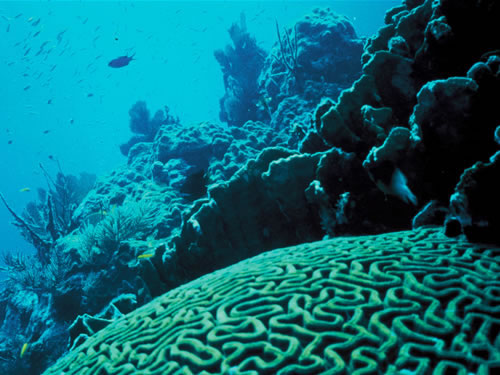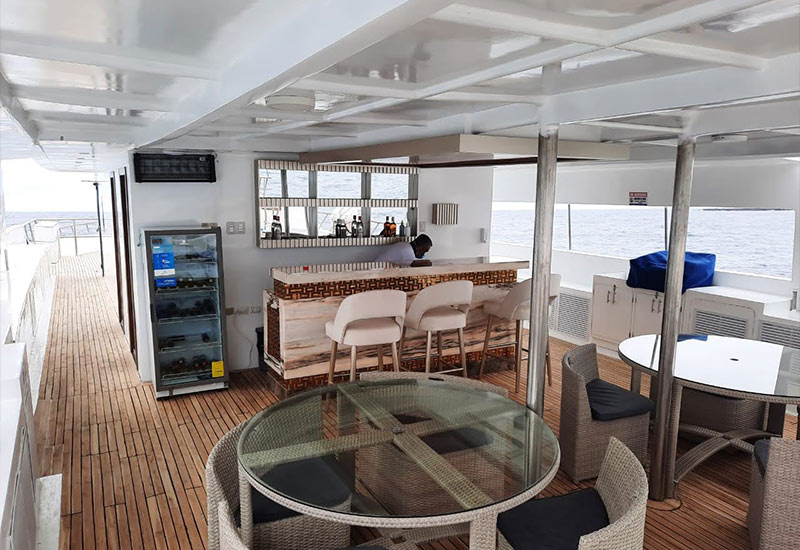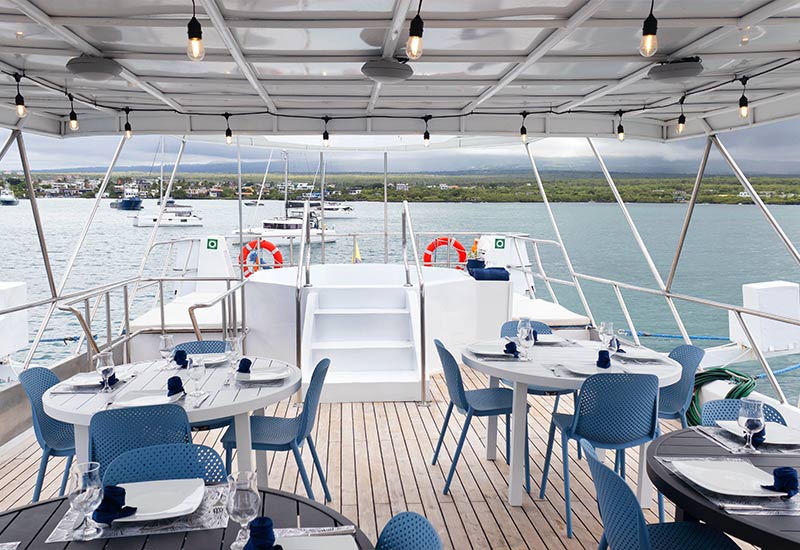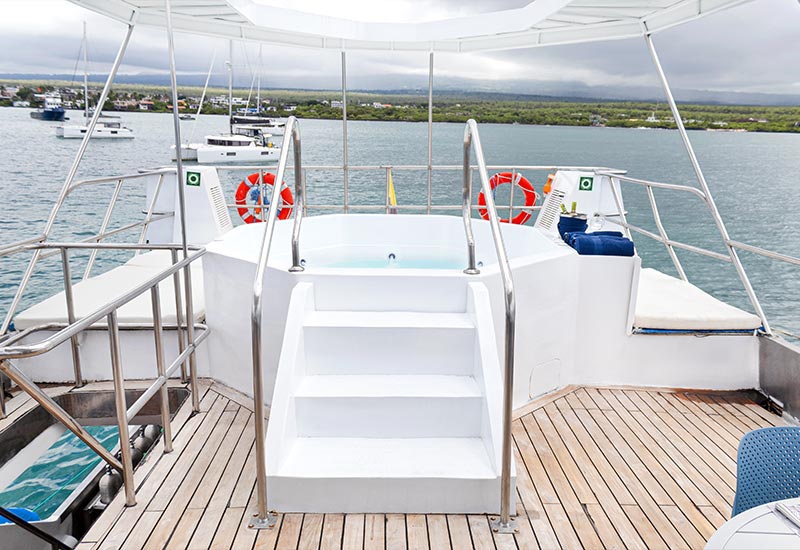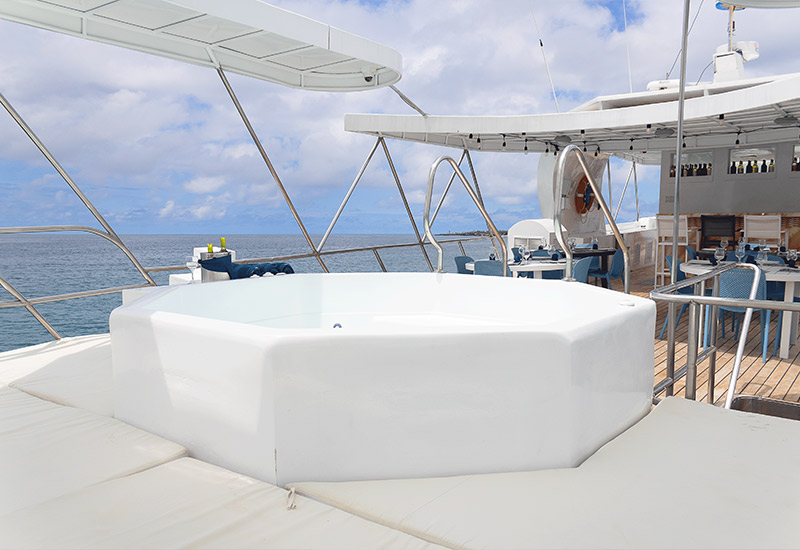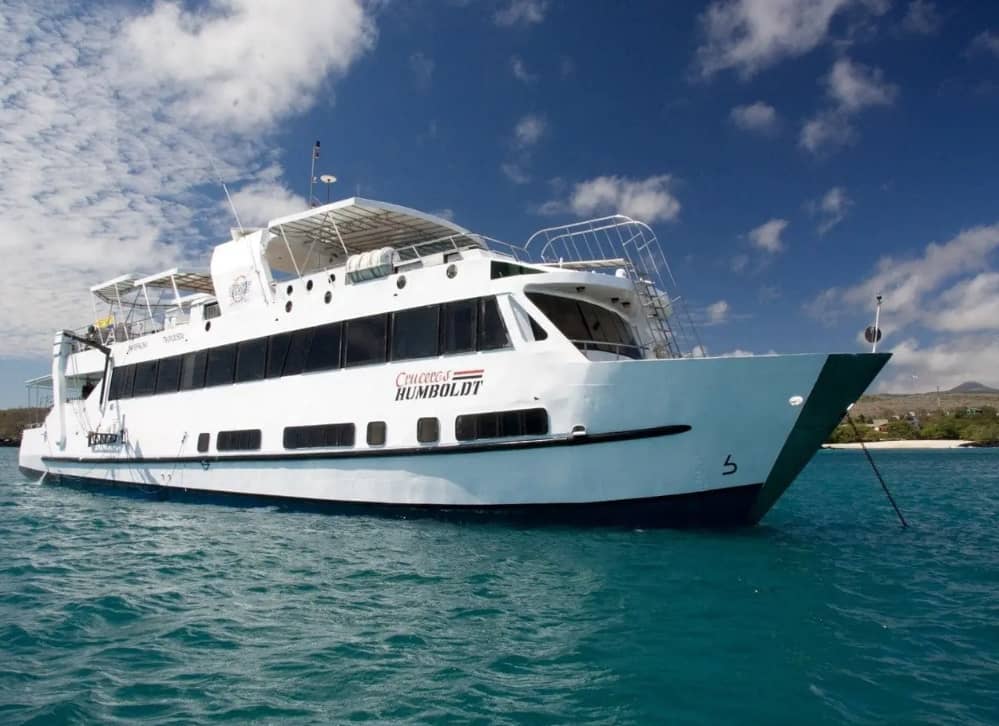The coral reefs around the Galapagos Islands may hold important clues about how reefs around the world will react to changing environmental conditions in the coming years and decades. An article posted last week on “Environment News Service” details the work of a team of researchers with the Khaled bin Sultan Living Oceans Foundation’s Global Reef Expedition in the islands. The project is a six year survey of coral reefs around the world, and a team spent 18 days in the Galapagos Islands.
The site was of interest because of the significant stresses that changing ocean temperatures have placed on the archipelago’s reefs in recent years, due to El Nino events in 1982-1983 and 1997-1998. Despite the havoc warmer ocean waters wreaked on the sensitive reefs, the scientists found promising signs of recovery in certain areas. According to Andrew Bruckner, chief scientist for the expedition, “The Galapagos offered a unique field laboratory to help us better understand how temperature extremes and increasing acidity will affect the survival and growth of reef building corals in the future.”
